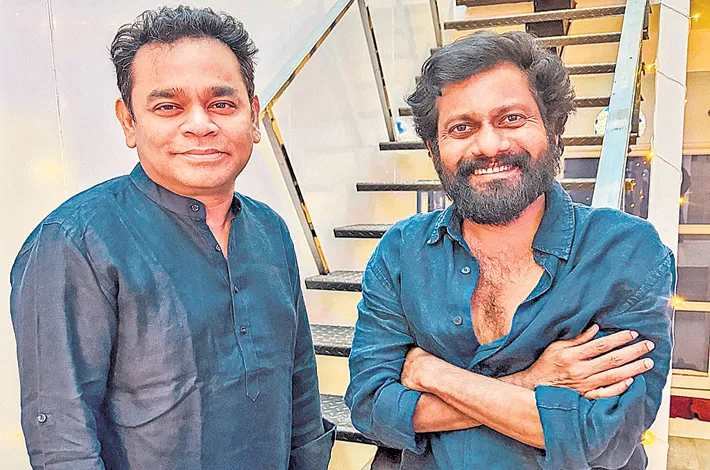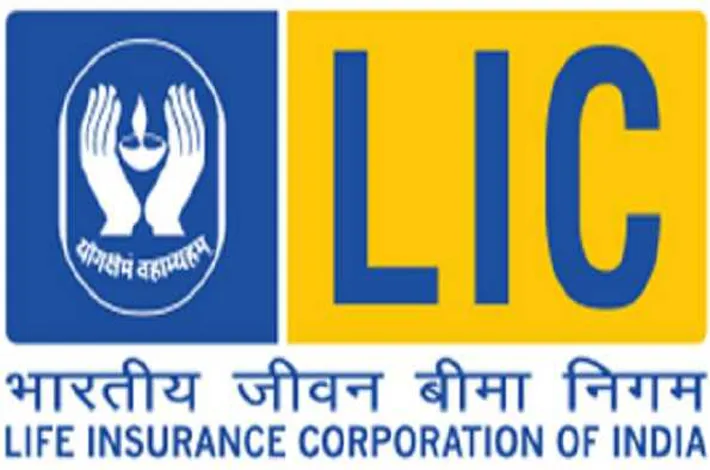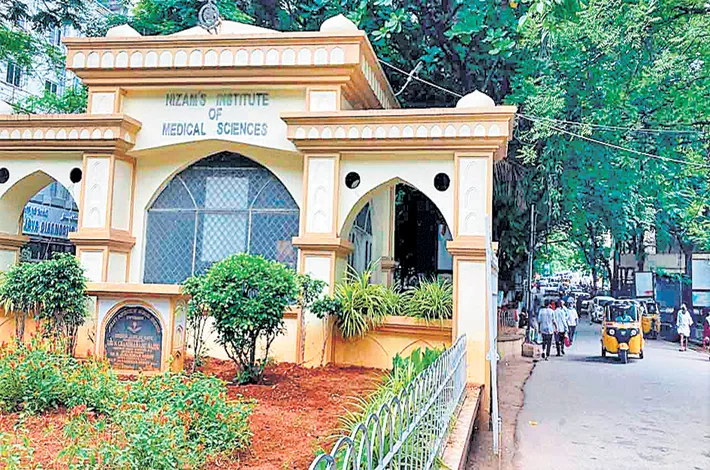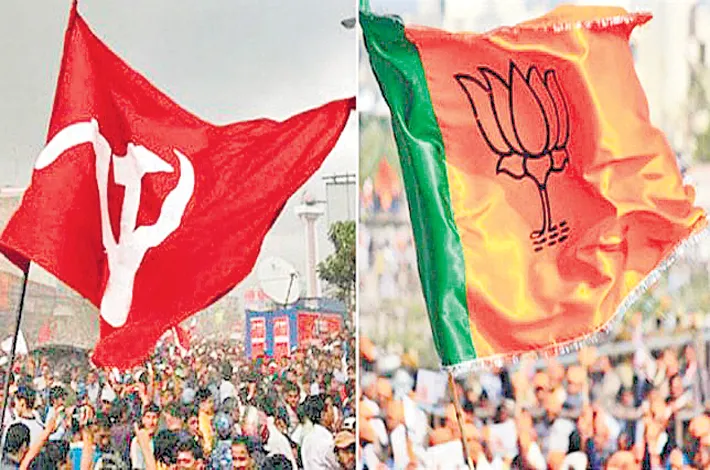Zindagi kucch bhi nahi, teri meri kahani hai!
05-04-2025 12:00:00 AM
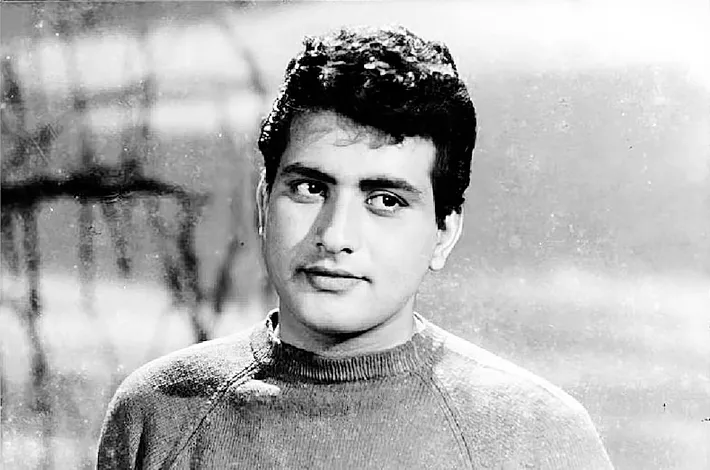
After his family migrated to India during the Partition in 1947, he pursued his passion for cinema, debuting as an actor in the 1957 film Fashion. However, it was his directorial ventures that cemented his legacy.
Veteran actor-filmmaker Manoj Kumar, the original ‘Bharat Kumar’ passed away at the age of 87 in Mumbai on Friday. Born Harikrishna Giri Goswami on July 24, 1937, in Abbottabad (now in Pakistan) was a celebrated as an actor, director, screenwriter, and producer. Often dubbed "Bharat Kumar" for his patriotic fervor, he became synonymous with films that championed national pride and social values.
After his family migrated to India during the Partition in 1947, he pursued his passion for cinema, debuting as an actor in the 1957 film Fashion. However, it was his directorial ventures that cemented his legacy.
Kumar’s breakthrough as a director came with Shaheed (1965), a biographical film about revolutionary Bhagat Singh, which showcased his ability to blend storytelling with a deep sense of patriotism. His 1971 classic Purab Aur Paschim explored the cultural clash between East and West, resonating with audiences for its emotional depth and nationalist undertones. Other notable directorial works include Roti Kapada Aur Makaan (1974), a socially relevant drama addressing poverty and corruption, and Kranti (1981), an epic tale of India’s freedom struggle. His films often featured him in lead roles, with signature songs like "Mere Desh Ki Dharti" from Upkar (1967) becoming anthems of Indian identity.
A recipient of the Padma Shri in 1992 and the Dadasaheb Phalke Award in 2016, Manoj Kumar’s contributions transcend entertainment, inspiring generations with his cinematic vision. Though he stepped away from filmmaking in the 1990s, his influence on Bollywood’s patriotic genre remains unparalleled.
Manoj Kumar contributed to several film scripts
Though never admitted officially, Manoj Kumar had contributed to the success of several hit films by suggesting changes in the story, screenplay and dialogues. Several producers, directors and top heores used to request Manoj Ku,mar to watch their film's rushes and advice them. For instance in the film Don, with Amitabh as thge lead actor, Manoj Kumar suggested to the film director N Chandra to include a entertaining song to break the serious narration. Based on his advice the song, Kaike Paan banaras wala was put in the film. Manoj Kumar gave advice and suggestion on a regular basis to well-known TV producer Balaji films fame Ekta Kappor.
More than anything else, Manoj Kumar's contribution to Raj Kapoor Magnum Opus Mera Naam Joker is worth noting. Manoj Kumar did contribute to the script of Mera Naam Joker, though his involvement was not as a primary writer but rather in a collaborative capacity for specific portions of the film.
The main screenplay for Mera Naam Joker (1970) was written by Khwaja Ahmad Abbas, a frequent collaborator of Raj Kapoor, who crafted the story with Kapoor’s vision in mind, drawing from semi-autobiographical elements of Kapoor’s life. However, Manoj Kumar’s role in the script came about during the development of the film’s first chapter, which focuses on the young Raju, played by Rishi Kapoor.
According to accounts, Manoj Kumar claimed to have rewritten parts of the first chapter. This is supported by the credit titles of the film, where his name appears as a co-scriptwriter alongside Abbas. One notable instance often cited is from the night of October 24, 1961—before Raj Kapoor began work on Sangam—when the initial script discussions for Mera Naam Joker were underway. While Abbas delivered the core script, Manoj Kumar’s contributions were significant enough to be acknowledged, particularly in shaping the dialogues and scenes involving his own character, David, the fiancé of Raju’s teacher Mary (played by Simi Garewal). His input added depth to the emotional dynamics of the first chapter, reflecting his understanding of the young Raju’s perspective.
Raj Kapoor, known for his collaborative approach, allowed Manoj Kumar the creative freedom to refine his scenes, a rare privilege given Abbas’s stature as the primary writer. This collaboration was also a testament to their close personal bond, which weathered misunderstandings and grew stronger over time. While Manoj Kumar’s contributions were not as extensive as Abbas’s overarching narrative work, his involvement helped shape key moments, particularly in the early part of the film, making it a notable aspect of Mera Naam Joker’s production history.





